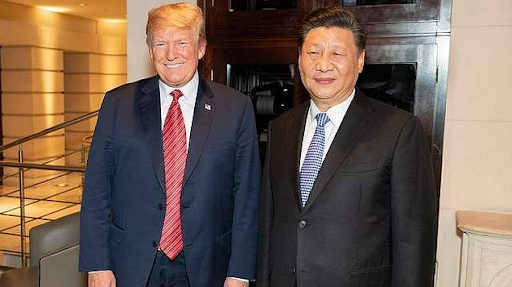China’s demand for the U.S. to “oppose” Taiwanese independence is not a short-term tactic but a strategic move in its “century marathon”—a long-term plan to supplant the United States as the world’s leading power by 2049. Securing control over Taiwan is a critical milestone in this long game.
From Beijing’s perspective, the continued de facto independence of Taiwan is a remnant of its “century of humiliation” and a major obstacle to its regional dominance. Taiwan’s strategic location in the first island chain acts as a geographic barrier, constraining the Chinese navy’s access to the wider Pacific. Its democratic system also presents an ideological challenge to the Communist Party’s rule.
By compelling the U.S. to change its policy, China would achieve several long-term objectives. First, it would psychologically and diplomatically cripple Taiwan, making eventual unification much easier and less costly. Second, it would shatter U.S. credibility in Asia, accelerating the decline of American influence and the rise of a new, Sino-centric regional order.
This fits perfectly into the broader strategy of the century marathon, which involves patiently and methodically eroding the foundations of American power while building up its own. Analyst Craig Singleton’s observation that this is part of Beijing’s “incremental strategy” of pocketing small wins aligns perfectly with this long-term approach.
The Trump administration’s decision, therefore, should not be viewed in isolation. It must be understood as a response to a move in a much larger, decades-long strategic competition. A concession would not just be a change in Taiwan policy; it would be a major step in helping China achieve its ultimate goal of reshaping the world order in its image.


